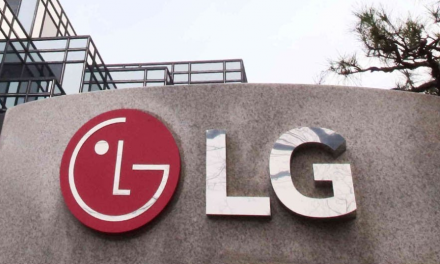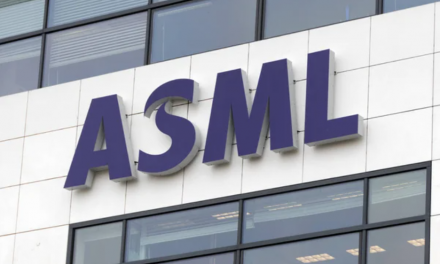The Emergence of Blockchain and AI in Small and Medium-sized Businesses (SMBs)
In 2023, we witnessed a significant surge in the integration of Blockchain and AI within SMBs. This trend has gained even more momentum in 2024. With a global adoption rate of blockchain in businesses hitting 10%, small businesses are rapidly catching up with their larger counterparts.
This shift is largely attributed to the democratization of AI, which began towards the end of 2022. The advent of advanced language models, such as GPT-4, in early 2023, simplified AI usage, empowering small businesses to harness AI with greater ease.
This newfound accessibility has sparked a digital renaissance. A plethora of AI and blockchain tools have emerged, providing smaller enterprises with the means to enhance operational efficiency and scale their growth.
Let’s delve into the transformations and the tools driving this change.
Leveling the Playing Field: Small vs. Large Enterprises
Previously, AI technologies were predominantly accessible to large conglomerates due to high costs and complexity. Now, this scenario has changed, making these technologies accessible to all business sizes.
Technical knowledge, once a barrier, has been simplified. High costs have been reduced. These changes are thanks to user-friendly AI tools underpinned by blockchain technologies.
These tools no longer require specialized expertise for integration, allowing for seamless adoption by small businesses. We’ll explore how these developments over the past year are influencing various industries in 2024.
Revolutionizing Supply Chain Management
Blockchain has transformed supply chain management by highlighting the limitations of centralized systems. Its decentralized, traceable, and transparent nature has enabled more effective business engagement in supply chain management. Blockchain and smart contracts have provided small businesses with enhanced quality control and transparency.
AI has leveraged blockchain’s rich data for better demand forecasting, inventory management, and disruption identification, creating a secure and transparent ecosystem for small businesses.
Tools like Circulor and IBM Chain are now widely used in industrial supply chains, adding efficiency and fostering stronger inter-organizational relationships.
Transforming Customer Relations and Marketing
Legacy systems in customer relations and marketing, often reliant on guesswork, are being replaced by automated solutions. The rise in chatbot demand among small businesses in 2023, as evidenced by a GartnerIT study, and positive customer reception (87% according to Demandsage), exemplifies this shift.
Additionally, AI-powered marketing tools leveraging blockchain for personalized customer recommendations have gained popularity. Platforms like SalesforceCRM’s Lightning and myTrailhead have robustly enhanced CRM technologies.
Enhancing Precision in Data Analytics
In 2020, only 45% of small businesses utilized data analytics, primarily due to a lack of affordable, precise tools. Fast forward to 2024, and affordable AI tools capable of analyzing large datasets are now accessible. Blockchain ensures data integrity, setting the stage for accurate analytics.
Companies like Assisterr and ChainGPT are gaining traction by providing simplified, precise data analytics services in the Web3 space, increasing blockchain adoption among SMBs.
Simplifying Financial Transactions and Budgeting
Blockchain enables secure, transparent, and tamper-resistant financial transactions. AI’s role in financial planning and budgeting is exemplified by tools like Enova, which use deep learning for advanced financial analytics.
The Human Cost of AI Adoption in Small Businesses
While the benefits of AI and blockchain integration are significant, the impact on employment cannot be overlooked. The adoption of AI has led to job losses, with a 15% increase in AI-related job displacement from 2022 to 2023.
Despite this, there is a silver lining. The rise of AI and blockchain has created new job opportunities, such as Prompt Writers, ML Engineers, and NLP Researchers.
The Future of Blockchain and AI in Small Enterprises
Surveys indicate that in 2024, over 87% of organizations plan to invest in blockchain. This indicates a transformative impact on small businesses, with blockchain and AI enabling improved supply chain management, customer service, and data analytics.
However, the human aspect of this transition, particularly job losses, remains a concern. Yet, new professions are emerging, leveraging AI and human collaboration.
Conclusion: Embracing Innovation for Survival
As AI and blockchain continue to reshape business landscapes, the key to thriving in this new era will be innovation – a uniquely human trait that AI cannot replicate. The future of businesses in the blockchain and AI era will hinge on our ability to innovate and adapt.





